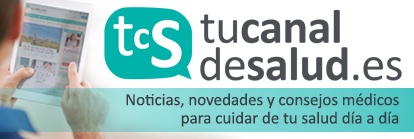During your admission
-
The doctor who has prescribed your admission will take charge of your treatment or will ask the corresponding specialist to prescribe the diagnostic tests that you consider necessary. The medical visit schedule will be informed by your doctor and may be fine in the mornings or afternoons.
- The nursing staff will be in charge of your care (administer medication, take vital signs, prepare for tests and make cures or treatments). There are nursing shifts (morning, afternoon and evening), which will cover your care 24 hours a day.
- The auxiliary nursing staff will assist you in everything you need: it will help you to clean yourself, take you food, etc. The auxiliary staff's shifts are the same as those of the nurses (morning, afternoon and evening).
- The caretaker will be in charge of moving him inside the hospital, as well as the most complex mobilizations that the nursing staff can not carry out.
- If you need a proof of income, you can request it at reception.
- Ask the medical staff all your questions about your process and your treatment or about the evolution of your disease.
- Sometimes it is convenient, if considered appropriate, to designate an interlocutor for the doctor to provide the information through one person. This is especially necessary if, for any reason, you are unable to receive this information.
- If you are allergic to any medication or product, require a special diet or are in any other situation that you consider exceptional, do not forget to notify the nurse at the time of admission.
- Inform the nurse of all the medication you have been taking until your admission and that you should continue taking it, unless expressly indicated by the doctor.
- Use the doorbell, located at the head of your bed, or notify the nursing staff when you need assistance, even if it is not sanitary.
- Keep the room with the closed hallway access door, as it helps to maintain privacy and security.
- Extreme vigilance of your belongings and those of your companions, especially when you have to leave the room. You can request the key to close the door and leave it in the nursing control.
- If you try to enter unidentified people in your room, communicate it to reception, dialing 29, or to plant control.
- Do not keep money or valuables in your room during your stay. If necessary, contact the cashier or admission department and they will keep it. However, in each room there is a free safe deposit box service.
- Silence is important for patients' rest. Especially at night, try to speak in a low voice and keep the volume of the television to a minimum to avoid disturbing other inmates.
- In case of any eventuality or doubt, go to the medical or nursing team.
- If you detect any breakdown in the room, notify the plant staff.























